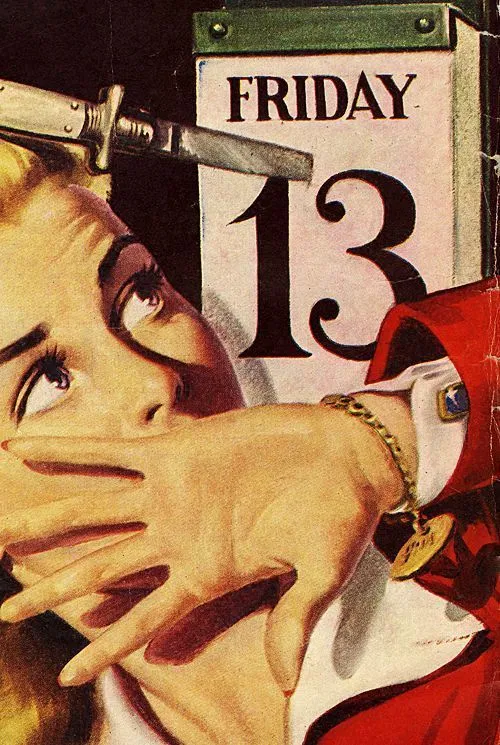Why Friday the 13th Memes Are Taking Over Social Media Today!
In the digital age, superstition meets humor as social media platforms become a playground for Friday the 13th meme creators, transforming an traditionally feared day into a viral phenomenon of collective online laughter.
What exactly is happening? December 13, 2024, has emerged as a unique cultural moment where internet users worldwide are flooding social media platforms with hilarious memes that playfully mock the day’s notorious reputation for bad luck. The digital landscape is currently awash with creative content that turns age-old superstitions into comedic gold.
The Cultural Phenomenon Explained
The origins of Friday the 13th superstitions trace back to medieval times, with deep-rooted beliefs about the day bringing misfortune. However, modern internet culture has completely reimagined this concept, transforming fear into entertainment. Users are now using humor as a powerful coping mechanism, creating memes that:
- Directly challenge superstitious beliefs
- Mock traditional notions of bad luck
- Create community through shared digital experiences
“Memes are our generation’s way of processing cultural anxieties,” says digital culture expert Dr. Emily Rodriguez. “By turning Friday the 13th into a joke, we’re essentially defanging an old superstition.”
The Social Media Landscape
Platforms like Twitter, Instagram, and TikTok are currently experiencing a massive surge of Friday the 13th content. Influencers and everyday users alike are participating in this digital trend, sharing everything from Jason Voorhees-inspired jokes to elaborate memes that play on common fears.
Why Memes Matter
Interestingly, these memes serve more than just comedic purposes. They represent a collective psychological response to uncertainty, allowing people to:
- Transform anxiety into laughter
- Create a sense of shared experience
- Challenge traditional superstitious narratives
Economic and Cultural Impact
Surprisingly, the Friday the 13th meme phenomenon isn’t just about humor. Studies suggest that such viral trends can potentially impact consumer behavior, with estimates indicating that superstition-related anxieties might cause $700-$900 million in potential economic disruption.
The Broader Context
The pop culture connection runs deep, with the iconic Friday the 13th horror franchise contributing significantly to the day’s mystique. What began as a horror movie franchise has evolved into a full-blown internet meme ecosystem.
Community Engagement
Social media users are actively encouraged to:
1. Create and share their own Friday the 13th memes
2. Engage with trending hashtags
3. Participate in the collective digital experience
Psychological Perspective
Psychologists argue that meme creation represents a sophisticated coping mechanism. By converting fear into humor, individuals can:
– Reduce anxiety
– Build community connections
– Challenge irrational beliefs
The Global Phenomenon
What makes this trend fascinating is its truly global nature. Memes transcend cultural and linguistic barriers, creating a universal language of humor that connects people worldwide.
Conclusion
Friday the 13th memes represent more than just internet humor—they’re a complex social interaction that reflects how modern digital culture processes fear, superstition, and collective experience. As platforms continue to evolve, so too will our methods of turning potential anxiety into shared laughter.
Stay lucky, stay laughing!
Disclaimer: No bad luck was encountered during the writing of this article.






Leave a Comment